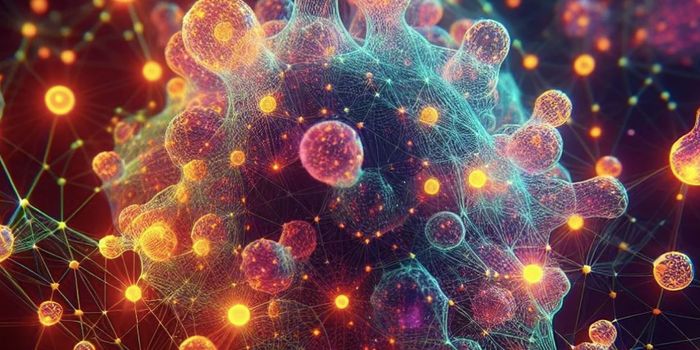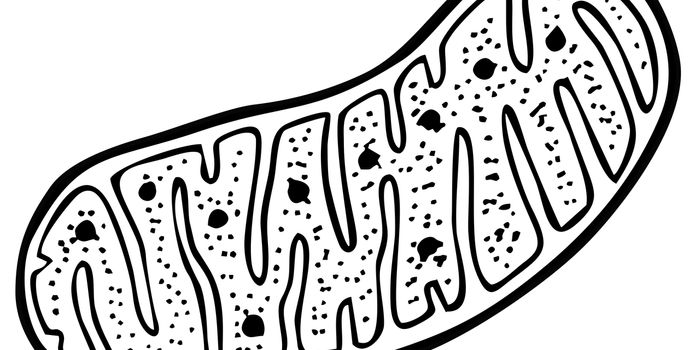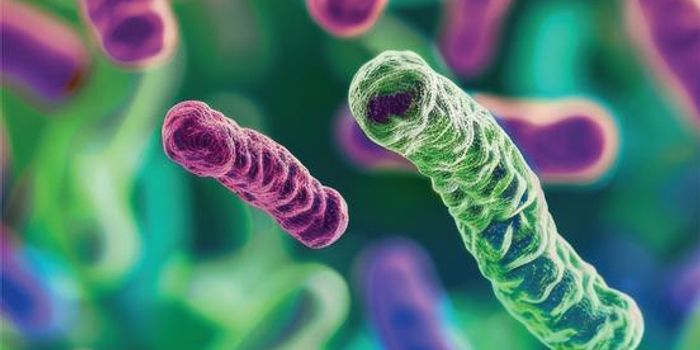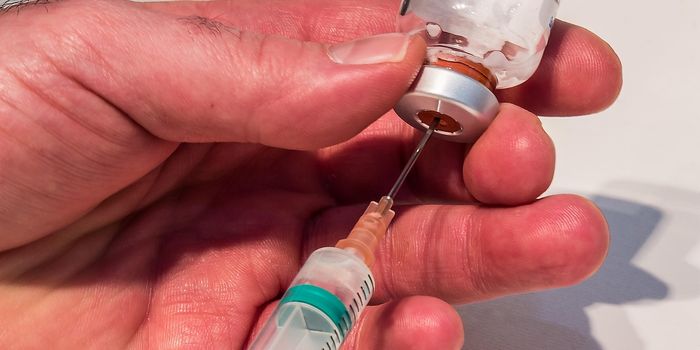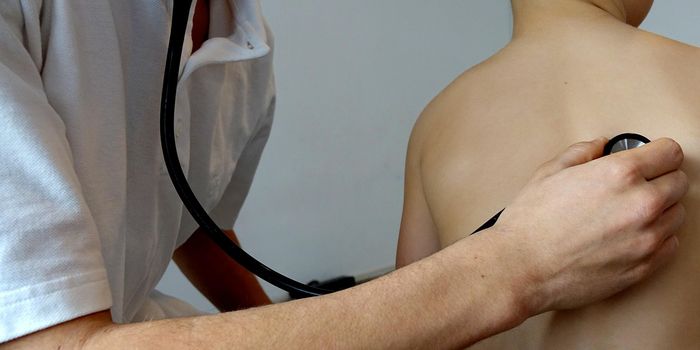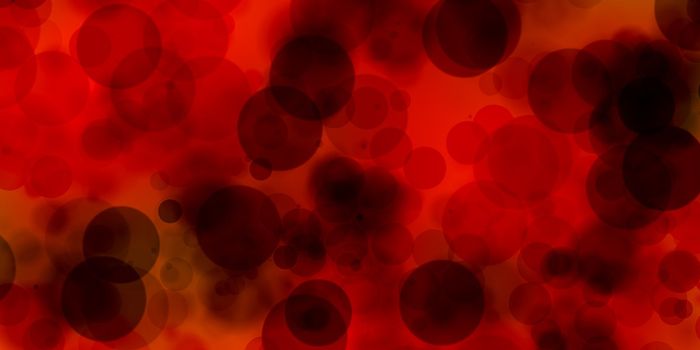Protective COVID Antibodies Found in Breast Milk
University of Rochester researchers analyzing breast milk samples from mothers with COVID-19 found that they didn't contain the coronavirus—but they did have antibodies against it. Some of these milk-borne antibodies were capable of neutralizing SARS-CoV-2.
Samples from 37 mothers (18 of which were COVID-positive) were used in the study, with around two-thirds of them containing the beneficial antibodies. These data provide much-needed guidance for physicians deciding whether COVID-positive mothers need to be isolated from their newborn babies—a move initially regarded as best practice at the beginning of the pandemic.
“We only want to sequester a mother from her baby if it’s medically necessary,” said one of the study authors, Bridget Young.
“However, the issue was very confusing for practitioners who don’t have sufficient evidence. These early results suggest that breast milk from mothers who have had a COVID-19 infection contains specific and active antibodies against the virus, and that they do not transfer the virus through milk. This is great news!”
Microbiologists and immunologists led by Mark Sangster and David Topham, set about quantifying breast milk antibody levels using assays developed in their laboratories.
“We found high levels of IgA—a common antibody in blood and other body fluids—in their breast milk. IgA’s migrate in mucosal transfer, therefore this is encouraging information that mothers transfer these antibodies,” Sangster says.
“In addition, 62% of the milk samples were able to neutralize SARS-CoV-2 infectivity in vitro, whereas milk samples collected prior to the COVID-19 pandemic were unable to do so,” wrote the authors, demonstrating that many of the antibodies in breast milk were functional and protective for babies.
This preliminary study provides some clarity around how breastfeeding can help protect vulnerable newborns from COVID-19 infections. Ongoing studies are validating the results obtained in a larger cohort of mothers, with the aim of tracking their immunological secretions for two months.
“This work needs to be replicated in larger cohorts. Additionally, we now need to understand if the COVID-19 vaccine impacts breast milk in the same way,” Young said.
Sources: mbio, University of Rochester.


